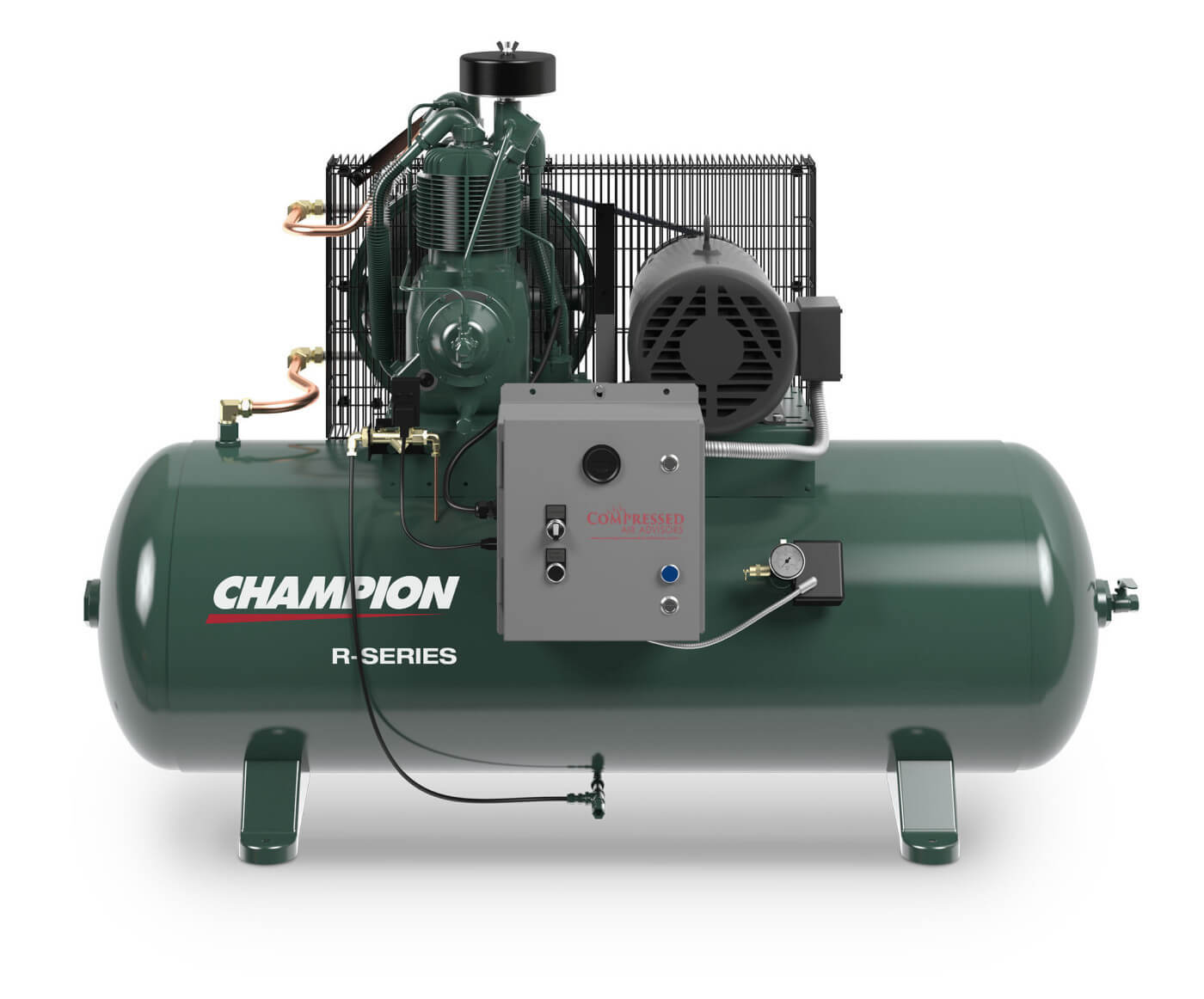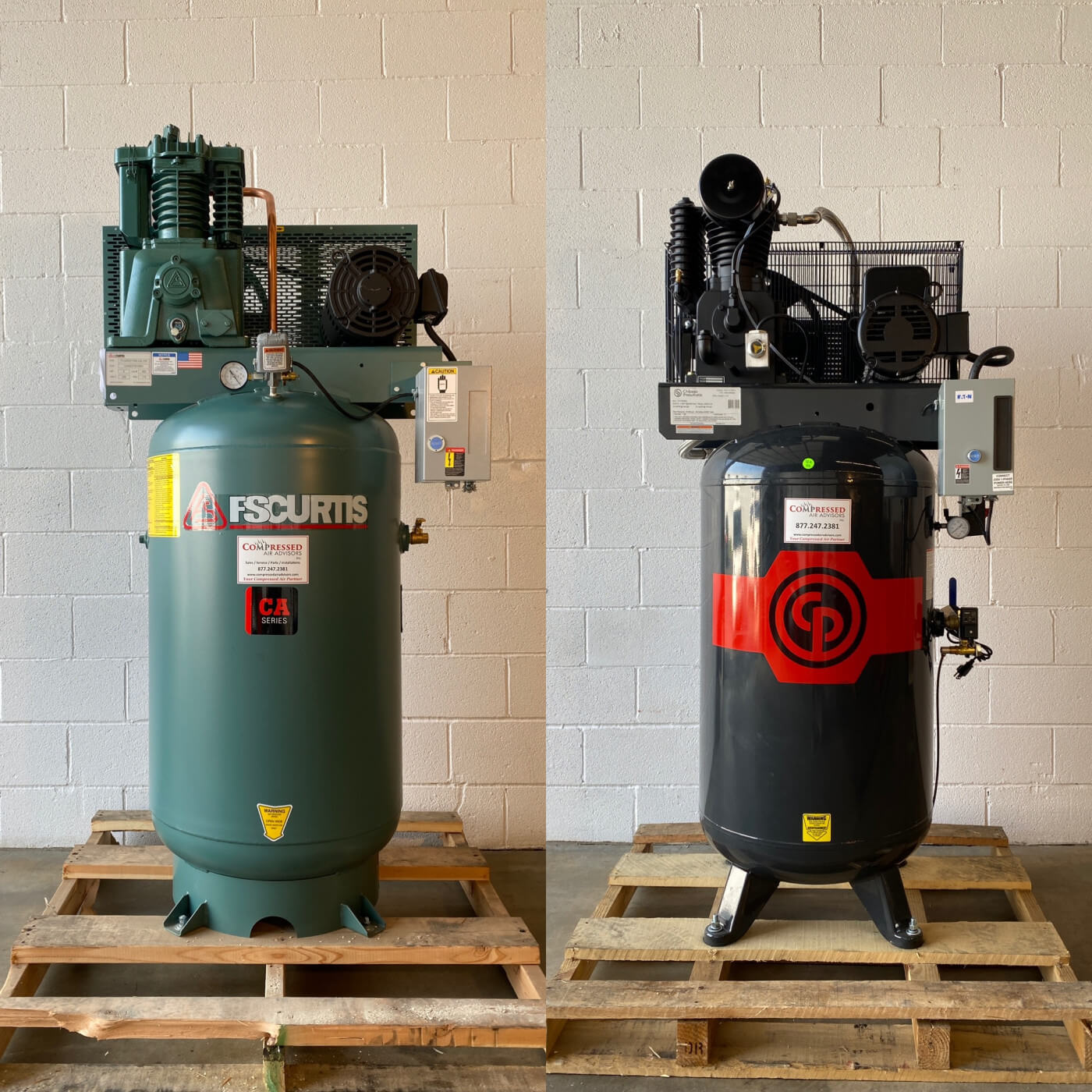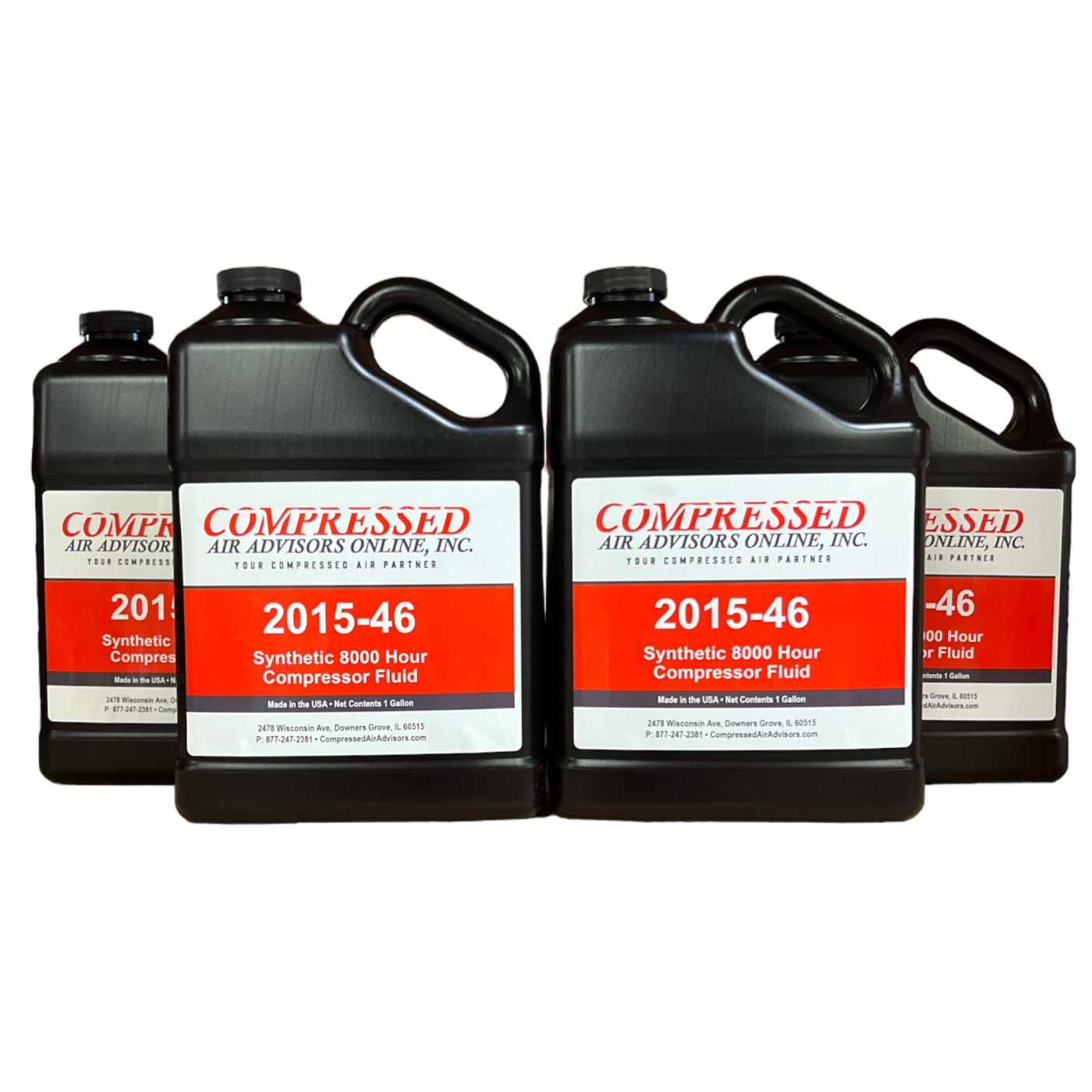Introduction
In the bustling world of Auto Repair, and Auto Body Shops every element of a facility's operation matters – including its compressed air system. Compressed air serves as the lifeblood of an auto body shop, powering a variety of tools and equipment critical to the repair process. In this blog, we'll dive into the compressed air needs of auto body shops and explore what auto repair facilities require to ensure a reliable, efficient, and high-quality compressed air system.
The Importance of Compressed Air
Compressed air is a versatile and essential utility in the world of auto repair and auto body shops. It drives pneumatic tools, such as impact wrenches, paint sprayers, sanders, and air ratchets, that are vital for various repair tasks. From disassembling and assembling parts to sanding and painting, these tools rely on a steady supply of clean and dry compressed air to deliver consistent performance.
Understanding Auto Body Shop Needs
Auto body shops have unique requirements when it comes to their compressed air systems. Here are some key considerations for meeting their needs:
-
Air Quality: Clean, dry air is crucial for maintaining the quality of repair work. Painting, for instance, demands air free from moisture and contaminants that could affect paint adhesion and finish quality.
-
High Volume Usage: Auto body shops often use compressed air intensively and simultaneously. The system must have the capacity to handle high-demand periods without compromising performance.
-
Pneumatic Tools: An array of pneumatic tools is used in auto repair, each with specific pressure and flow requirements. The compressed air system must deliver consistent pressure levels to ensure proper tool operation.
-
Efficiency: Energy efficiency is a paramount concern for any business. Auto body shops aim to minimize operating costs while maximizing productivity.
-
Reliability: Downtime can be costly and disrupt the repair workflow. A reliable compressed air system is essential to keep operations running smoothly.
Essential Components of a compressed air system
To meet the needs of an Auto Repair, Auto Body Shop a well-designed compressed air system is essential. Here are the key components to consider:
-
Compressor Type: For auto repair facilities, rotary screw compressors and rotary vane compressors are popular choices due to their energy efficiency, reliability, and continuous duty cycle.
-
Air Quality Equipment: Refrigerated air dryers, particulate filters, and oil removal filters are essential to ensure clean, dry air. This is particularly critical for paint booths and other sensitive equipment.
-
Storage: Air receivers or storage tanks help manage peak demands and provide a reserve of compressed air for high-intensity tasks.
-
Piping and Distribution: Properly sized and well-designed piping systems ensure efficient airflow and minimize pressure drop. Copper or aluminum piping is often recommended due to its durability.
-
Control Systems: Advanced control systems allow auto repair facilities to manage and monitor the compressed air system effectively, optimizing performance and energy consumption.
Benefits of a Well-Designed System
Investing in a thoughtfully designed compressed air system offers several benefits to auto body shops:
-
Enhanced Productivity: A reliable and efficient system ensures that pneumatic tools perform optimally, enhancing repair speed and quality.
-
Cost Savings: Energy-efficient components and optimized system design lead to reduced operating costs over time.
-
Quality Work: Clean, dry air contributes to superior paint finishes and accurate repair work, enhancing customer satisfaction.
-
Minimized Downtime: A reliable system reduces the risk of unexpected downtime, helping the shop maintain its repair schedule.
Conclusion
In the world of auto repair, auto body shops compressed air is a foundational element that powers essential tools and processes. Meeting the compressed air needs of auto body shops requires a tailored approach that considers air quality, capacity, efficiency, and reliability. By investing in a well-designed compressed air system, auto repair facilities can ensure top-notch repair work, optimal efficiency, and a competitive edge in the industry. If you're in the market for a compressed air system for your auto body shop, don't hesitate to seek guidance from Compressed Air Advisors Online, Inc. to understand the unique requirements of your business.















